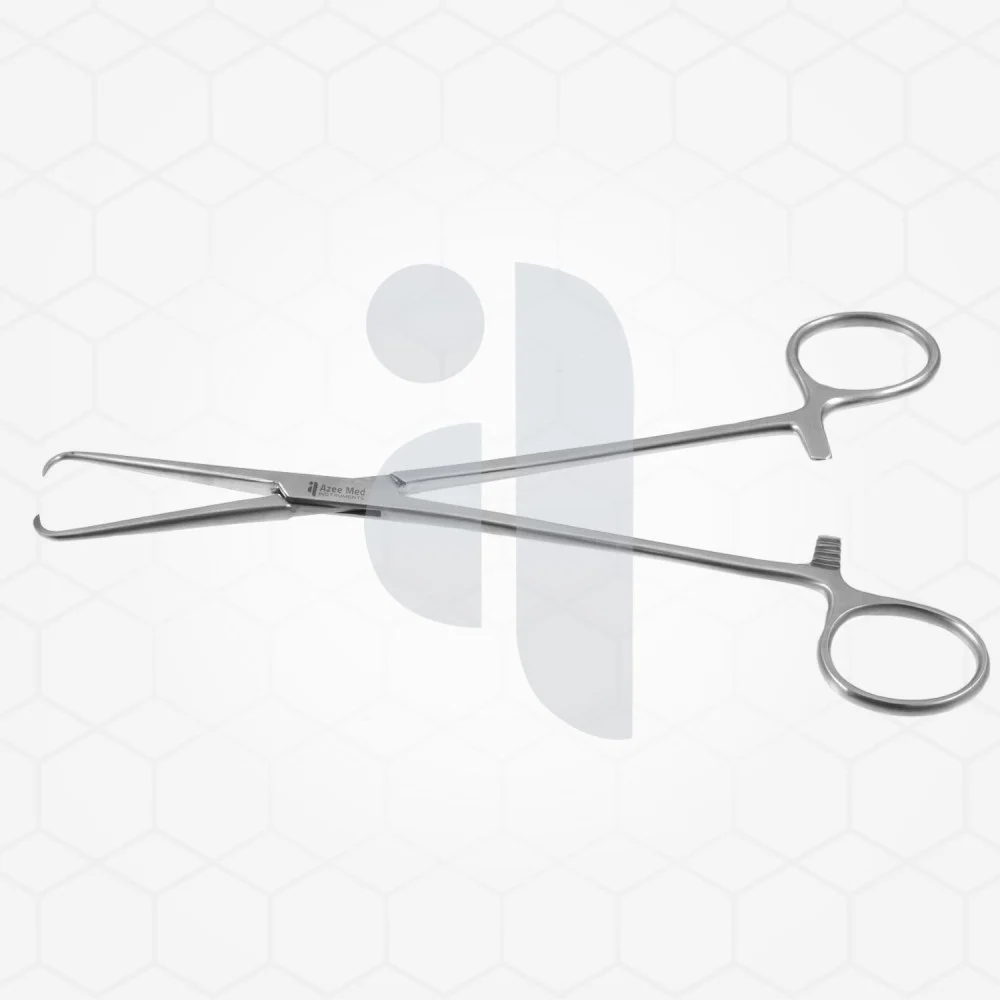Instrument forceps are essential tools widely used in medical, surgical, and obstetric practices. These handheld instruments provide the precision and grip needed to handle delicate tissues, instruments, or other materials during procedures. Available in various shapes and designs, Instrument forceps cater to a broad range of requirements in healthcare settings, making them indispensable in numerous medical disciplines.
The Importance of Instrument Forceps in Healthcare
Instrument forceps play a vital role in ensuring accuracy and safety during medical procedures. Whether used for grasping, clamping, or manipulating tissues, they help reduce the risk of errors while allowing healthcare professionals to work efficiently even in complex situations. The reliability and durability of these tools make them indispensable in operating rooms, clinics, and other healthcare environments.
An Overview of Specialized Forceps Varieties
There are numerous types of forceps, each tailored to specific functions. From basic tissue forceps to highly specialized varieties, each is designed to meet unique medical needs. Surgical forceps, for instance, assist in precise dissections, while obstetric forceps are specialized for assisting during childbirth. The diversity of designs ensures that medical professionals have the right tool for the task at hand, enhancing patient care and procedural outcomes.
The Unique Role of Kielland Forceps in Obstetrics
Among the various types of instrument forceps, Kielland forceps stand out due to their specialized design and critical application in complex obstetric cases. These forceps are slender, gently curved, and equipped with a sliding mechanism, making them particularly useful in rotational deliveries. The unique design of forceps Kielland allows for precise adjustments and handling in delicate procedures, reducing potential risks for both the mother and the baby. Often used in situations where the baby’s position makes a natural delivery challenging, they exemplify innovation in surgical instrument development.
Precision Matters with Every Use
Instrument forceps, including Kielland forceps, highlight the importance of precision tools in advancing healthcare. With their ability to assist in critical moments, these versatile instruments enable practitioners to deliver better outcomes while maintaining high standards of care.
Conclusion
Instrument forceps have a significant impact on modern medicine. From upholding safety in surgical suites to providing support in life-altering procedures, their utility goes beyond their simplicity. The Kielland forceps illustrate how the evolution of such tools continues to meet the dynamic challenges of medical practice. Their application exemplifies the intricate balance between skill, science, and innovation in improving patient care.





Comments